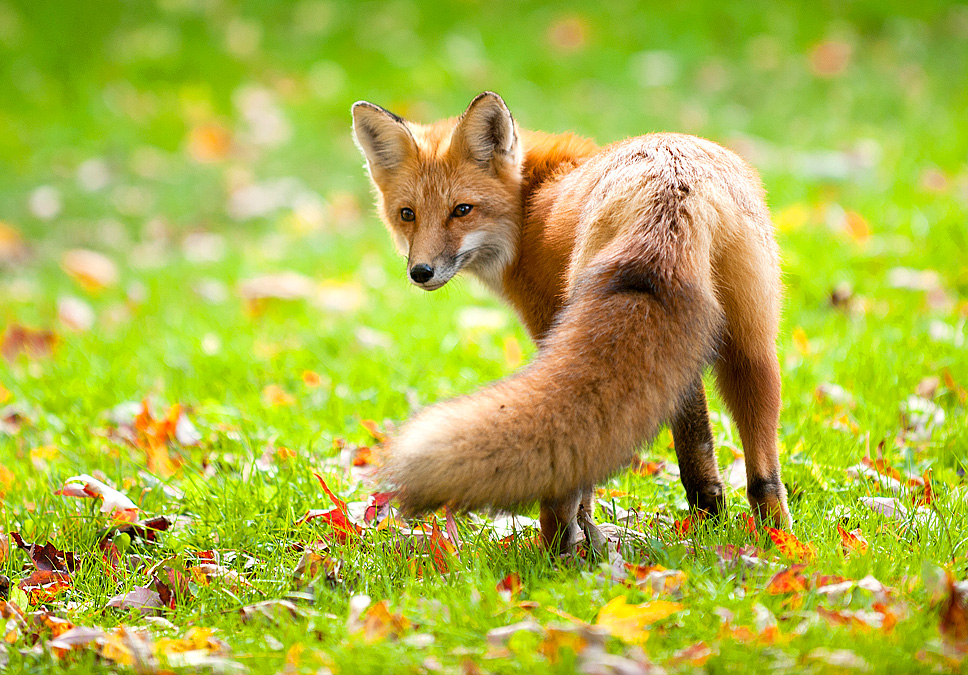
City staff noted that complaints of individuals feeding wildlife rose from one or two per year to a dozen. The by-law would allow for bird feeders (so long as they’re not overfilled, resistant to other species, and feces from birds is removed), but have a possible $5,000 fine for failure to comply.
The by-law itself is becoming standard in many municipalities that have seen difficulties in managing wildlife conflict. But one local media pundit isn’t impressed.
“Maybe it is a thoughtless, though tender-hearted, plan for you to put cat kibble out on your porch for the neighbourhood stray, only to find a coyote has noshed on it overnight,” wrote Luisa D’Amato for The Kitchener Waterloo Record. “But should these actions be illegal? Of course not.”
It’s not a surprising reaction – whenever an authority implements a new law, particularly one that may not have obvious purposes, the response can reasonably be adverse. But rather than criticize someone for giving this by-law a negative reception, we thought a brief education in why such by-laws are necessary would be more productive.
Feeding wildlife isn’t always innocuous. While it may seem simple to provide a hungry cat a meal, or put out peanuts for squirrels, it’s important to recognize that by doing so we’re interfering with an ecosystem. Spilled bird seed attracts rodents – from mice and rats to chipmunks and squirrels. These small mammals begin spending time near this new food source – even if it was only temporary. And the larger animals that see small rodents as a food source begin spending time nearby, too. Domestic cats, foxes, coyotes, and birds of prey will be attracted to that same area of spilled bird seed.
Other times animals that can damage homes, disrupt waste management systems, or come into conflict with pets like skunks and raccoons will be attracted to food put out for other animals like cats or squirrels. And providing food for a larger animal like a coyote – directly or in one of the aforementioned indirect ways – sets them up for failure. Just like a domestic dog, a coyote will start getting more comfortable around people – and people don’t want that (it isn’t good for anyone, in the long-term).
A wildlife feeding by-law isn’t created to vilify or ostracize animal lovers. It isn’t even there so every small offense can result in a cash grab for the municipality. But these by-laws are put in place so in extreme cases (and they do come up regularly), a tool is available to the municipality to stop a situation from evolving into a full-blown conflict scenario.
We’re glad to see Kitchener joining the many municipalities taking progressive steps to prevent wildlife conflict, and hope others follow in their footsteps.
monthly donor(for as little as $5/month – the cost of a single latte) pleaseclick hereand help us save lives today.

